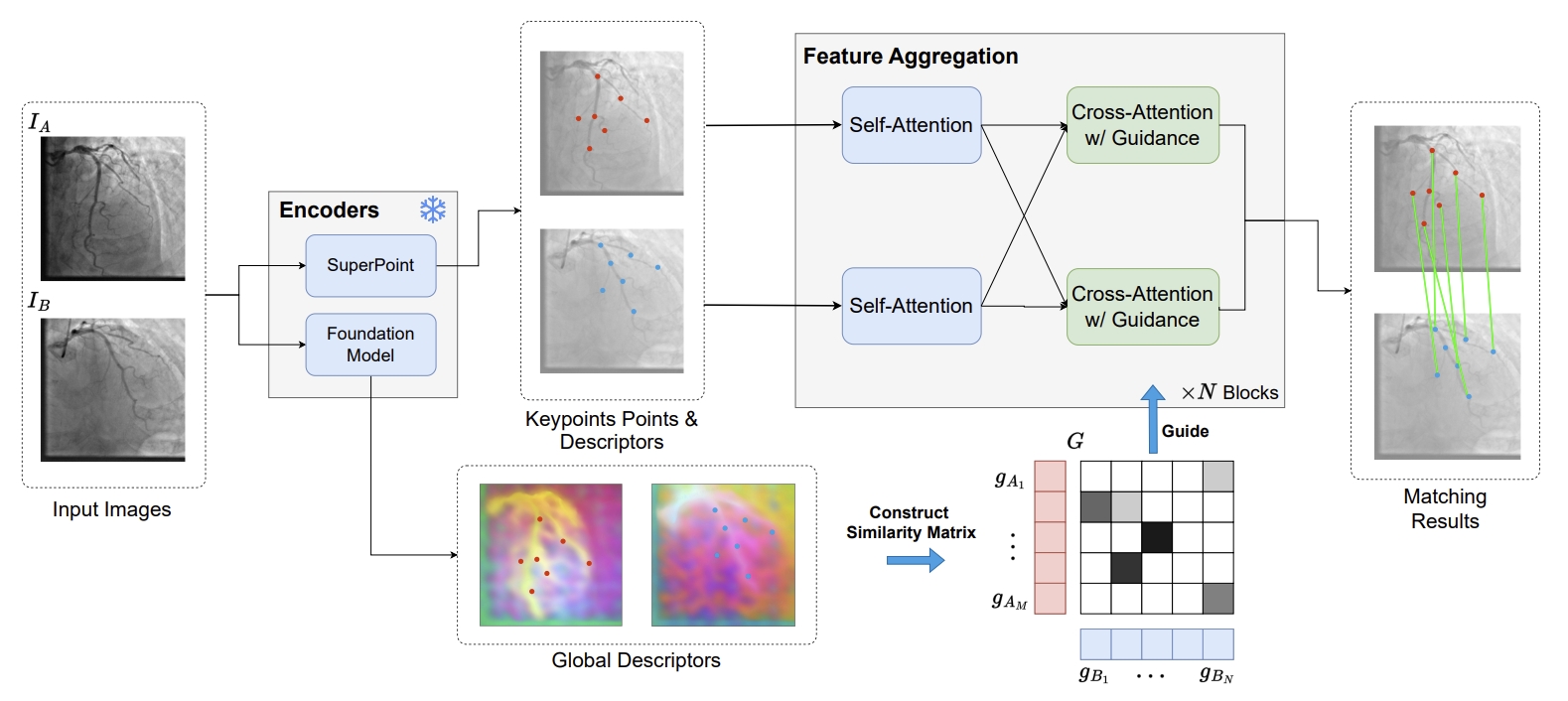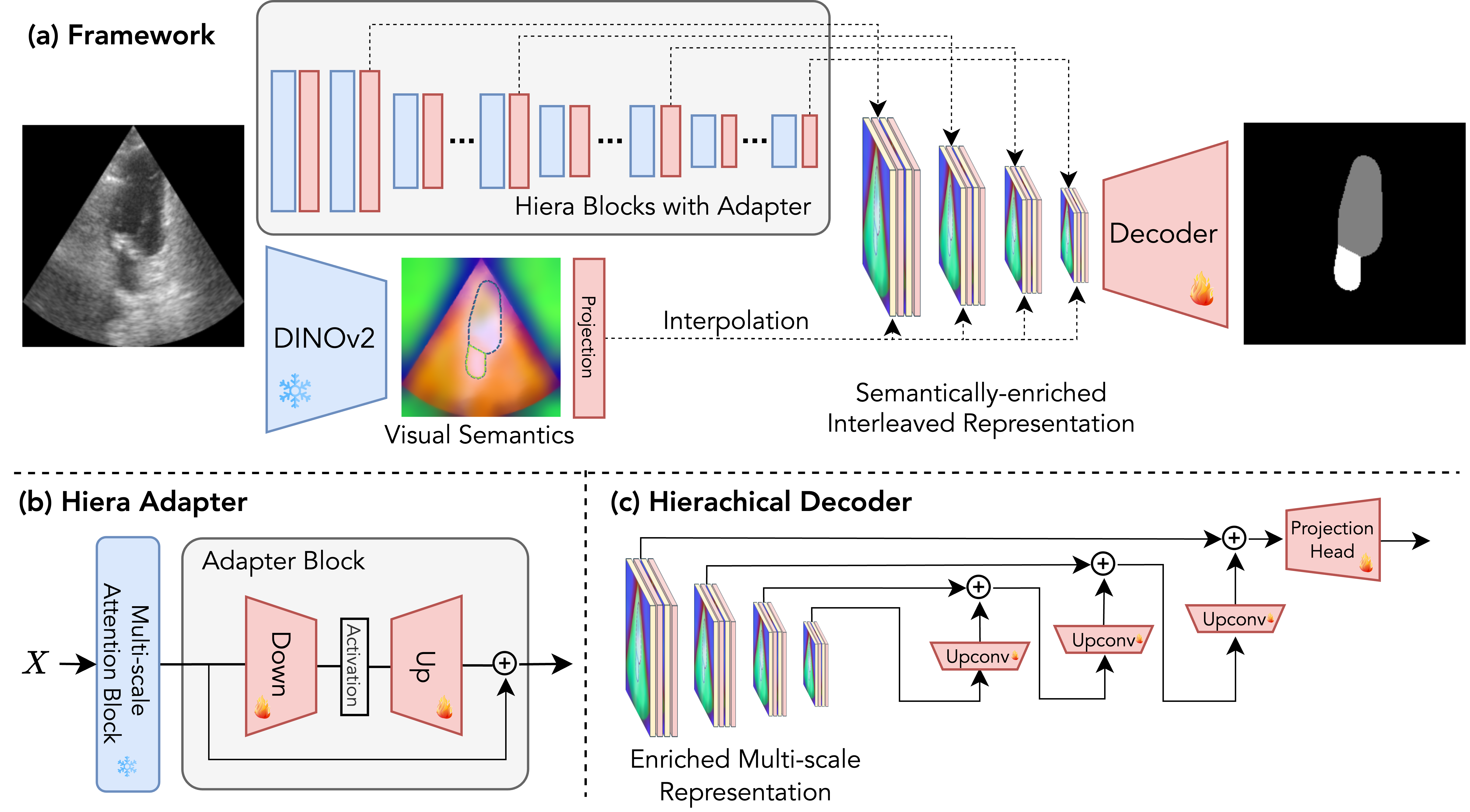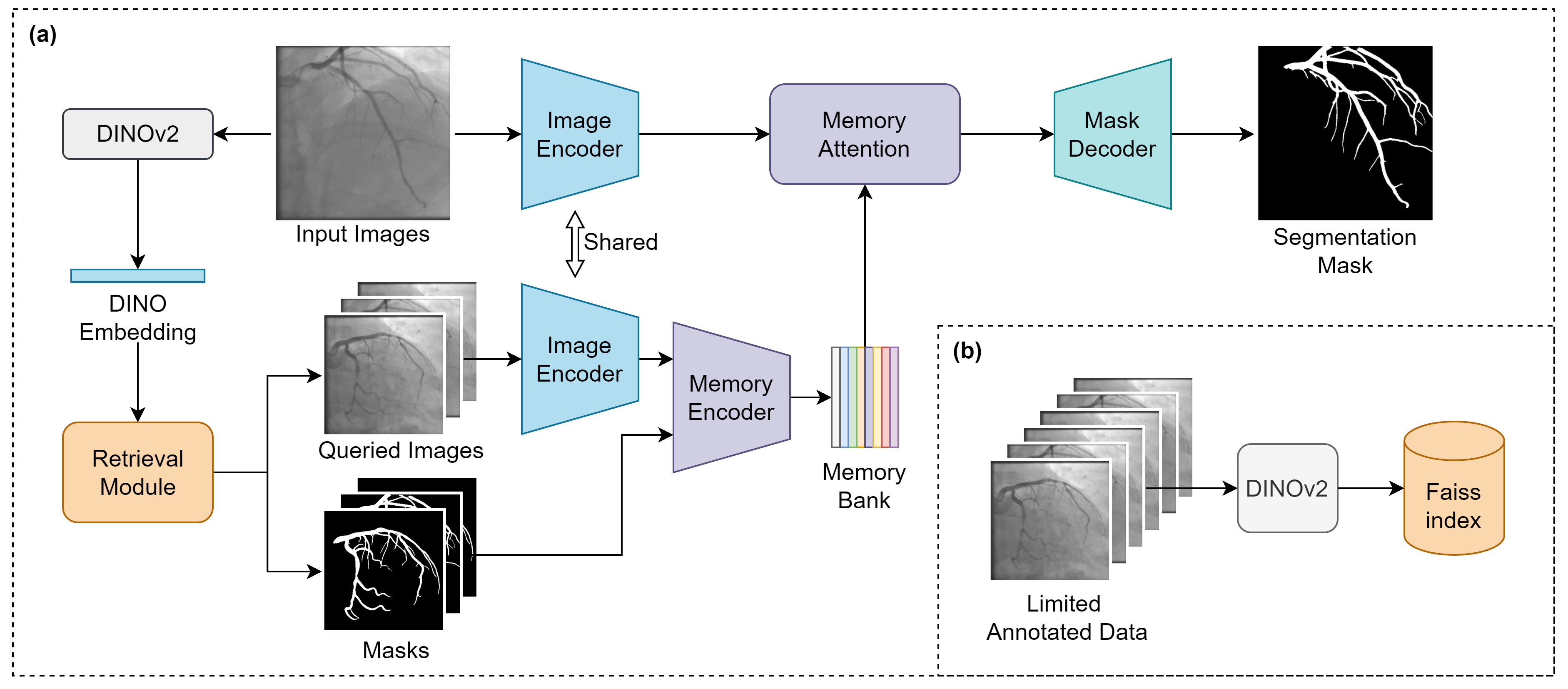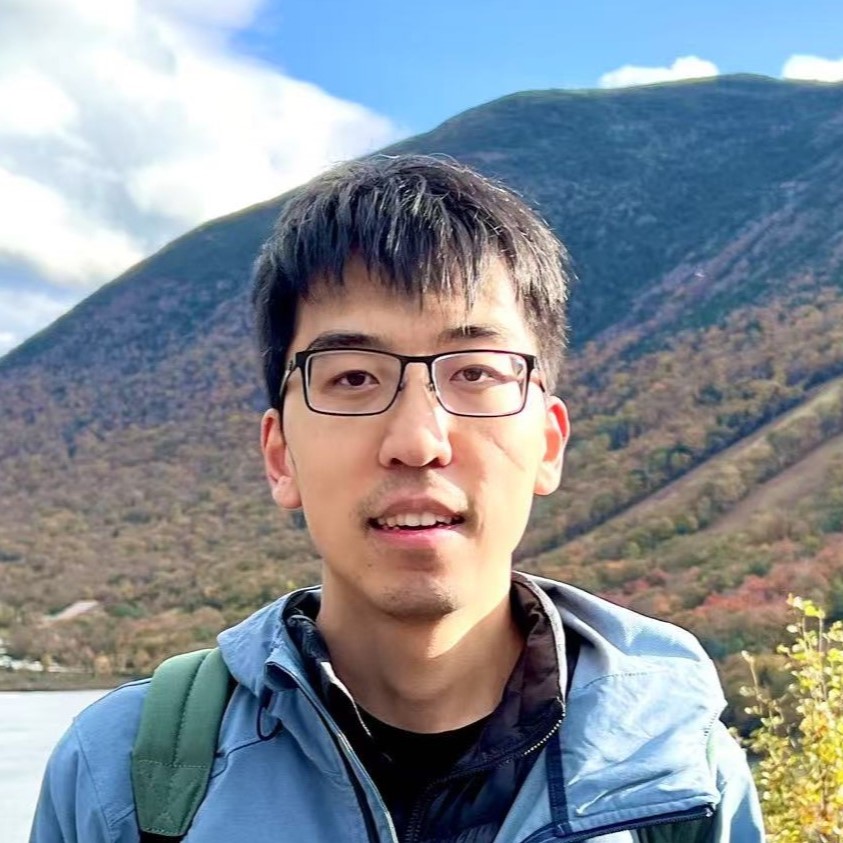Short Bio
Lin Zhao is an Assistant Professor at the Department of Biomedical Engineering, New Jersey Institute of Technology (NJIT), and the Director of the Machine Intelligence in Medicine and Imaging Lab (MI2 Lab). He was a Senior Research Scientist at United Imaging Intelligence (UII) America from 2023 to 2025. He received his PhD degree in Computer Science from University of Georgia in 2023 under the supervision of Prof. Tianming Liu. During his PhD study, he also interned at Alibaba DAMO Academy in 2022 and United Imaging Intelligence in 2021. He received his Bachelor degree from Northwestern Polytechnical University in 2017. Currently. His recent research interests include Brain-inspired AI, Large Foundation Models, Vision-Language Modeling and their applications in medical imaging. He has published over 50 papers 
Research Interests
My research interests lie at the domain of artificial intelligence, biomedical imaging, and healthcare. I am particularly passionate about brain-inspired AI, which seeks to bridge biological and artificial intelligence and explore the fundamental nature of intelligence itself. In parallel, I aim to leverage latest AI techniques, e.g., large-scale foundation models, to tackle real-world biomedical and clinical challenges, such as data/annotation scarcity, model reliability and interpretability. Another key area of interest is biomedical image analysis, particularly using modalities like fMRI and EEG. I focus on developing data driven methods to analyze and interpret these complex signals, with applications in brain function mapping, computation neuroscience, and neurological disease diagnosis.
🎓 Prospective Student
I am actively seeking self-motivated PhD students and interns. If you are interested in working with me, please check the details below and feel free to email me at lin.zhao.1@njit.edu.
| PhD Openings | I am actively looking for multiple highly motivated PhD students starting from Spring 2026. If you’re interested in collaborating with me for your doctoral studies, please reach out to me early and submit your application to the NJIT/Rutgers Joint Ph.D. Program in Biomedical Engineering and be sure to include my name in your application materials. |
| Intern Openings | I am also looking for self-motivated remote and in-person intern students starting at any time. My past interns have secured first-author publications in top jounrals and conferences such as TNNLS/TMI/MedIA/MICCAI. I would prefer that you are interested in working with me as a PhD student in the long run. |
Email Format: Please use the subject line: “Interest in {Position, e.g., Ph.D.} – {Start Term, e.g., Spring 2026} – {Your Name}” and attach your CV. Thanks!
Note: I carefully read every email I receive. However, due to the high volume of inquiries, I may not be able to respond to each one individually. Thank you for your understanding.
🔥 News [more…]
- 2025.12: 🎉 Received an NVIDIA Academic Grant to support our research on federated learning for foundation models in medical imaging.
- 2025.09: 🎉 One paper on correspondence matching in coronary angiography is accepted by IEEE Transactions on Medical Imaging (TMI).
- 2025.09: 🎉 MI2 Lab Launched at New Jersey Institute of Technology.
- 2025.05: 🎉 One paper on real-time ultrasound image segmentation using foundation models is early accepted by MICCAI 2025.
- 2025.04: 🎉 One review paper on large language model for radiology is accepted by Meta-Radiology.
- 2025.04: 🎉 One review paper on fMRI-based brain function mapping is accepted by Psychoradiology.
- 2025.04: 🎉 One paper on few-shot medical image segmentation is accepted by IEEE Transactions on Neural Networks and Learning Systems (TNNLS).
- 2025.04: I will be joining the Department of Biomedical Engineering at New Jersey Institute of Technology as a Tenure-Track Assistant Professor from Fall 2025.
📝 Recent Publications [more…]

Leveraging Diffusion Model and Image Foundation Model for Improved Correspondence Matching in Coronary Angiography
Lin Zhao, Xin Yu, Yikang Liu, Xiao Chen, Eric Z. Chen, Terrence Chen, and Shanhui Sun

Adapting Vision Foundation Models for Real-time Ultrasound Image Segmentation
Xiaoran Zhang, Eric Z. Chen, Lin Zhao, Xiao Chen, Yikang Liu, Boris Maihe, James S Duncan, Terrence Chen, and Shanhui Sun

Retrieval-Augmented Few-Shot Medical Image Segmentation with Foundation Models
Lin Zhao, Xiao Chen, Eric Z. Chen, Yikang Liu, Terrence Chen, and Shanhui Sun



